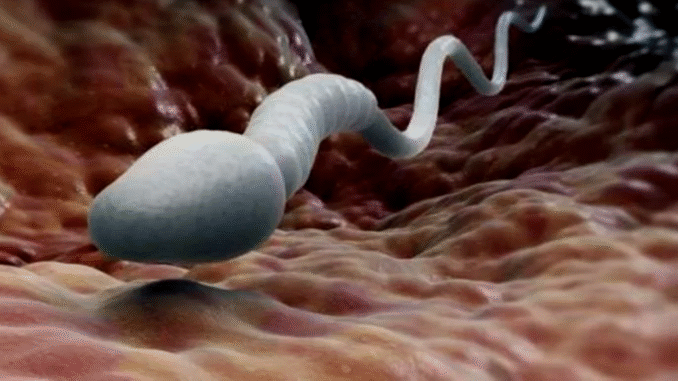
Semen, the fluid released during male ejaculation, consists mainly of sperm, water, and various other components. Below, we explore its potential effects and applications on a woman’s body.
Fertilization: Semen’s primary role is to deliver sperm to fertilize an egg, making it vital for natural conception.
Sexual Health: Semen acts as a natural lubricant, improving comfort during intercourse. It also contains antimicrobial properties that may help reduce the risk of urinary tract infections (UTIs)….CONTINUE FULL READING
Sperm Allergies: Some women may experience allergic reactions to proteins in semen, leading to localized symptoms like itching, burning, or redness. In rare cases, severe allergic reactions can occur.
Psychological Effects: Claims suggest semen may improve mood due to compounds like endorphins and serotonin, but scientific evidence supporting this is limited.
Skin Benefits: Some believe semen can enhance skin or provide anti-aging effects when applied topically. However, no scientific evidence backs these claims, and such use may pose risks like infection.
Nutritional Content: Semen contains nutrients such as fructose, vitamin C, calcium, citric acid, and zinc, but their levels are low, and better dietary sources exist for these nutrients.
It’s important to emphasize that most claimed benefits of semen lack robust scientific backing and should be approached cautiously due to potential risks. Using semen for non-reproductive purposes can also increase the risk of sexually transmitted infections (STIs) if a partner is infected.
In conclusion, beyond its role in reproduction, there is no solid scientific evidence to suggest semen offers significant health benefits for women….CONTINUE FULL READING
